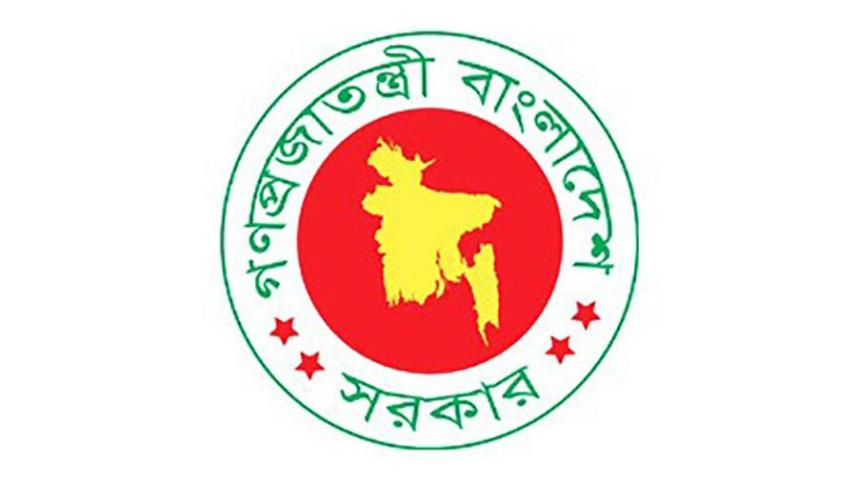Should in-person learning be left to chance again?

The news that the government is planning to initiate a phased return to in-person classes starting in September is indeed an encouraging one. According to a report by The Daily Star, education ministry officials said the government is preparing to reopen all educational institutions beginning with universities, where a large number of teachers and students are said to have been fully or partially inoculated. Colleges and schools will follow shortly, again beginning in phases and subsequently increasing class numbers depending on the Covid-19 situation. While talking to reporters, Education Minister Dipu Moni also appeared to confirm the plan, saying "If the Covid-19 infection rate drops to the lowest level, we can have a situation to reopen all educational institutions." Deputy Education Minister Mohibul Hassan also said the government is working on reopening schools, but it all depends on the Covid-19 situation.
Apparently, two factors that will play the decisive role in this regard are the vaccination of enough teachers and students, as well as the Covid-19 infection rates reaching a level safe enough for in-person class attendance. The question is, what chance is there that both will happen at the same time? So far, according to an estimate provided by a ministry official, till the first week of August, 30,000 out of 34,000 public university teachers who registered for the Covid-19 vaccine have received their jabs. Around 1.79 lakh university students also registered, of whom around 80,000 received the first dose and 6,000 received both doses. Meanwhile, all government schoolteachers and 2.78 lakh out of 3.63 lakh non-government teachers at the secondary level have been administered both doses of the vaccine. Still, a lot of teachers and students remain unvaccinated. And even if all of them are inoculated on a priority basis, there is no certainty that the countrywide infection rate will simultaneously go down to create the ideal situation.
So for both targets for reopening (vaccination and reduced infection) to reach fruition, it will take a massive effort to tackle the coronavirus through mass vaccination and rigorous infection containment measures countrywide, which, unfortunately, didn't happen since the pandemic began last year. What this means is that we may once again miss the deadline of reopening educational institutions. The fact is, it is because of such unclear and, frankly, unrealistic plans that the government has frequently missed reopening deadlines. The safety of teachers and students is of course paramount, but tying a reopening plan with the rise or fall of infection rates has proved to be ineffective.
At this point, many of the decisions seem to be based on mere conjectures rather than sound data. If the September deadline is to work, we must come up with better policies. The government needs to engage experts in formulating a plan that incorporates blended learning as an essential feature of pandemic-time education, relies more on enforcement of health guidelines than on divine intervention to curb infections, is flexible enough to apply to specific areas and situations instead of a fixed, ideal scenario for the whole country, and equally importantly, ensures that there's no digital divide to disrupt learning should re-opening bids fail. After nearly 17 months of all education institutions remaining closed, we must be brave, realistic and at the same time innovative about reopening them, rather than leaving the fate of students to chance.



 For all latest news, follow The Daily Star's Google News channel.
For all latest news, follow The Daily Star's Google News channel.
Comments